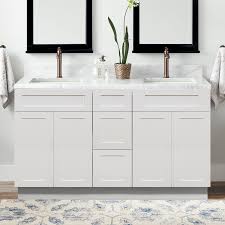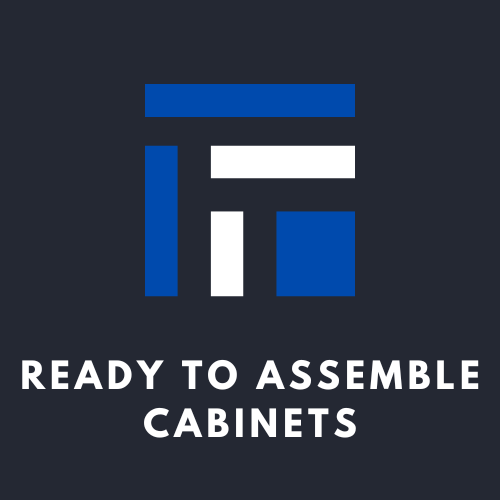
RTA Cabinets: A Sustainable and Eco-Friendly Kitchen Choice
Share
In today's world, where environmental consciousness is increasingly important, homeowners are seeking sustainable and eco-friendly options for their renovations. Ready-to-Assemble (RTA) cabinets, often overlooked in the "green" conversation, can actually be a surprisingly sustainable choice for your kitchen. Let's explore how RTA cabinets contribute to a more environmentally responsible home.
The Misconception of RTA Cabinets and Sustainability:
Many people assume that because RTA cabinets are often associated with affordability and DIY, they must be made from lower-quality, less sustainable materials. However, this is far from the truth. Reputable RTA cabinet manufacturers are increasingly prioritizing sustainability and implementing eco-friendly practices.
How RTA Cabinets Contribute to Sustainability:
-
Efficient Shipping and Reduced Carbon Footprint:
- RTA cabinets are shipped flat-packed, which significantly reduces the volume of packaging and the space required for transportation. This leads to fewer trucks on the road, resulting in lower fuel consumption and reduced carbon emissions.
- This efficient shipping method minimizes the environmental impact associated with transporting bulky, pre-assembled cabinets.
-
Responsible Material Sourcing:
- Many RTA cabinet manufacturers are committed to using sustainably sourced materials, such as certified wood from responsibly managed forests. Look for certifications like the Forest Stewardship Council (FSC), which ensures that the wood comes from forests that are managed to protect biodiversity and ecosystem health.
- Some manufacturers are also exploring the use of recycled or reclaimed wood, further reducing their environmental impact.
- Many RTA cabinet manufacturers are committed to using sustainably sourced materials, such as certified wood from responsibly managed forests. Look for certifications like the Forest Stewardship Council (FSC), which ensures that the wood comes from forests that are managed to protect biodiversity and ecosystem health.
-
Reduced Waste and Optimized Manufacturing:
- The manufacturing process for RTA cabinets is often optimized to minimize waste. Modern manufacturing techniques are designed to maximize material usage, reducing the amount of scrap produced.
- Because of the nature of RTA products, replacing a damaged part is also easier, and creates less overall waste, than replacing a whole pre-assembled unit.
-
Long-Lasting Durability:
- High-quality RTA cabinets are built to last. Durable construction and quality materials mean that your cabinets will have a longer lifespan, reducing the need for frequent replacements.
-
This longevity translates to less waste and a smaller environmental footprint over time.
-
Lower Overall Environmental Impact:
- When considering the entire lifecycle of a kitchen renovation, RTA cabinets can offer a lower overall environmental impact compared to custom-built options.
- Lower shipping costs, less wasted material, and the ability to replace individual parts contribute to this fact.
Choosing Sustainable RTA Cabinets:
When selecting RTA cabinets, consider these factors to ensure you're making an eco-friendly choice:
- Look for Certifications: Prioritize cabinets with FSC or other relevant sustainability certifications.
- Choose Solid Wood: Solid wood cabinets are generally more durable and sustainable than those made from particleboard or MDF.
- Inquire about Finishes: Opt for low-VOC (volatile organic compound) finishes to minimize indoor air pollution.
- Support Reputable Manufacturers: Choose manufacturers with a commitment to sustainability and transparent sourcing practices.
By choosing RTA cabinets, you can create a beautiful and functional kitchen while minimizing your environmental footprint. Embrace the opportunity to make a sustainable choice and contribute to a greener future.
